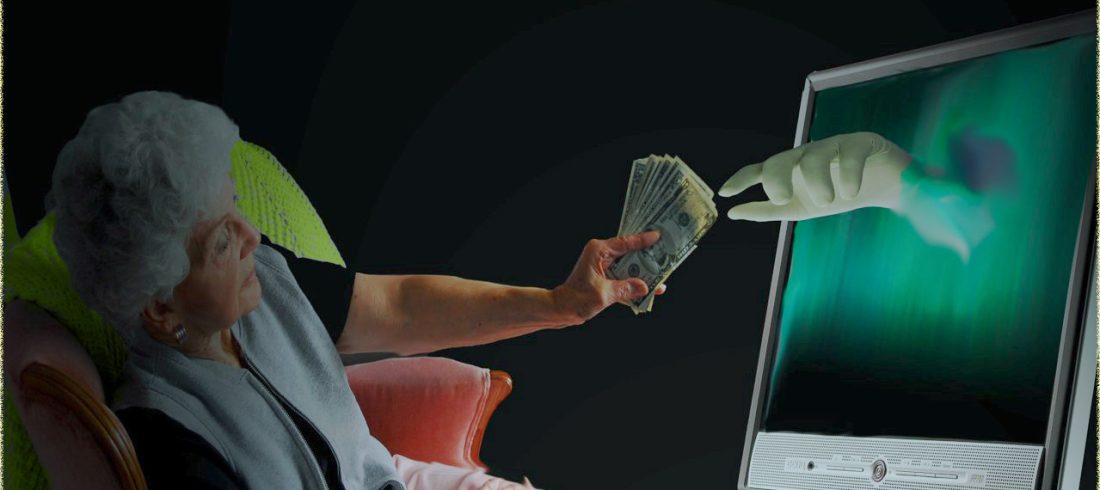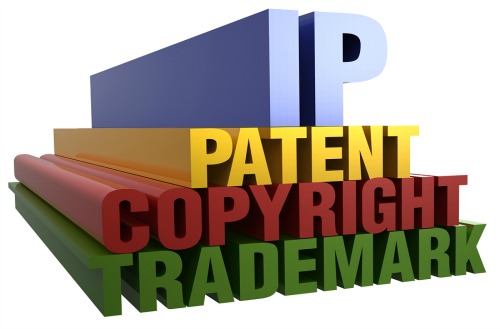Intellectual property is one of the most important, and also the most interesting, aspect of any country’s law. Thailand is no different from any other country. In fact, its trade agreements with various industrial nations including the United States, Japan, and Australia, make intellectual property take on a whole new different role to protect foreigner investors’ interests in the Kingdom
What Is Intellectual Property?
Anything that the mind comes up with is considered intellectual property. If you write original stories, then those stories are your intellectual property. A musician can come up with a song of his own, and it becomes his intellectual property. An electronics company will invest money in the development of a gadget that it sells to the market, and that device becomes his intellectual property.
Intellectual property seeks to associate a specific creation to its owners or creators, and no one else, theoretically, is able to claim that property for his own because he did not create it in the first place. Distributor companies may release movies or music through their labels, but the intellectual property remains in the producer studios, for instance.
The Legal Role of Intellectual Property
Intellectual property laws are passed in every nation to allow the creator of the property to control the use or reuse of his or her ideas. As long as the intellectual property is registered, creators can enjoy full protection from Thai law for a substantial period of time.
The legal role of intellectual property laws is, more or less, economic in nature. Creators and their representatives have the sole authority to allow reproduction of their work by third parties. They do so by entering into a copyright agreement with these parties, under which terms like length of the license – the length of time the third party is allowed to legally use and earn money from the copyrighted material – and royalty fees – a certain percentage that the third party pays the creator in return for using his or her intellectual property – are written down for both entities to abide with.
Let us take this for example. Publishers cannot sell an author’s book without having to pay the writer the necessary royalty fees as dictated by their intellectual property agreement. If the publisher has earned money without giving back the requisite fees back to the author, then the author or his legal team can take the publisher to court.
Why Intellectual Property is Important in Thailand
The intellectual property landscape in Thailand is very lively. There are many manufacturing companies in the country due to the Kingdom’s existing trade agreements, but there are also many firms that are engaged in illegally using other companies’ copyrighted properties to earn money without giving back in return. These counterfeit manufacturers engage in the pharmaceutical, apparel and electronics markets, resulting to big losses for the legitimate companies since these counterfeit products have no royalty fees attached and be sold for cheap.
Let us discuss what kinds of intellectual properties can be registered in Thailand in the next article in this two part series.






